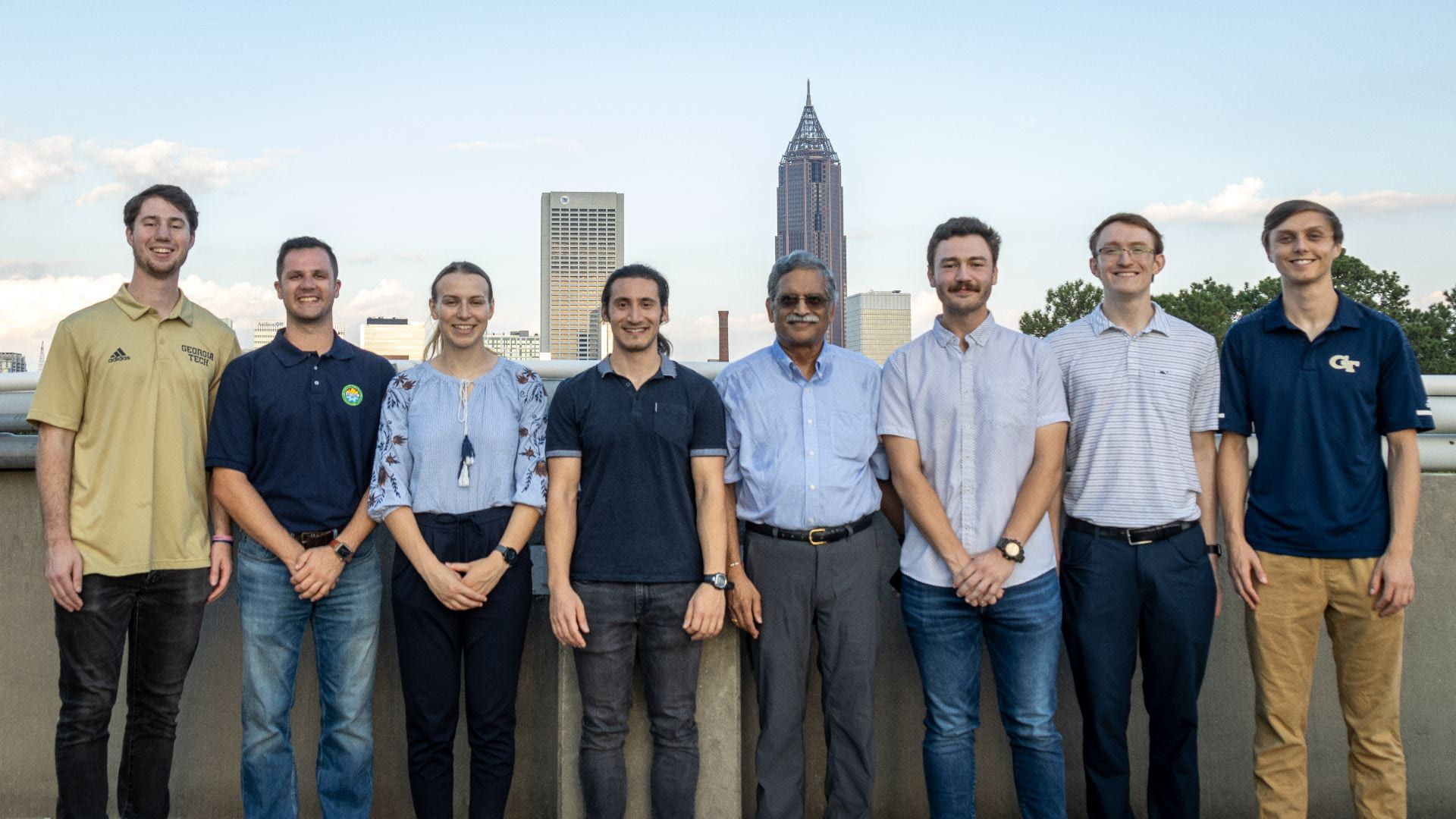Welcome to the Sustainable Thermal Systems Laboratory
About STSL
The research conducted at the Sustainable Thermal Systems Laboratory strives to develop practical solutions to the pressing issue of global climate change in the form of novel systems and components for improved thermal energy utilization. This research is driven by the core belief that the current defining issue facing humankind, sustainable energy, can be addressed not simply through the eternal quest for new sources of renewable energy, but also through better stewardship of thermal energy utilization and the organization of end-use applications in “near-lossless” energy cascades. Examples of applications being addressed include residential and commercial space conditioning, process industries, power plants, and other energy-intensive applications. Specific research in the lab ranges from the fundamental investigations of phase-change heat and mass transfer and supercritical fluid flow and heat transfer phenomena in single- and multi-component fluids at the micro and mini scales to the development of innovative thermally energy systems ranging in capacity from 10s of Watts to Megawatts. Representative ongoing and previous research includes thermally activated absorption and vapor compression heat pumps, natural refrigerant space-conditioning systems, thermal management systems for high density lithium-ion batteries, waste heat recovery for high flux, low temperature cooling in naval and refrigerated transport applications, miniaturized wearable and portable cooling systems, adsorption based carbon capture and gas cleaning, waterless power plant condenser cooling, short-term and seasonal thermal storage, graywater purification, waterless power plant cooling, advanced modular nuclear reactor development, demand-side management for residential applications, artificial intelligence and machine learning techniques to predict lifetime behavior and mitigation of large-scale chillers, developing cold chain infrastructure in developing countries for food preservation using locally sourced biomass, and energy and water use reduction in large industries such as aluminum and gypsum wallboard manufacturing. Integrated experimental, analytical, and computational approaches have led to the direct implementation of insights from the fundamental investigations of heat and mass transfer into practical thermal systems and components with lower energy utilization and environmental impact.
The Story of STSL
The beginning – at Western Michigan University
The lab was established by Dr. Garimella in 1995 as the Advanced Thermal Systems Laboratory at Western Michigan University. With experience in automotive heat exchanger development (Harrison Division of General Motors) and absorption heat pump development in previous appointments in research companies (Battelle), and the Ohio State University, Dr. Garimella set about investigating thermal systems as well and thermal transport phenomena. He established a temperature-controlled wind tunnel for air-side heat transfer experiments through a donation from Trane company. Other donations of miscellaneous equipment from Parker Hannifin and Thermotron followed, in addition to funding from the WMU Provost for data acquisition systems, specialized software, exhaust systems, and other lab infrastructure. Some of the first projects Dr. Garimella initiated addressed developing heat transfer correlations for innovative automotive radiator and heater core geometries funded by GM, and modeling of light-commercial capacity Generator-Absorber-Heat Exchange (GAX) absorption chillers funded by LG Electronics and United Technologies.
Success in the measurement and modeling of single-phase (air-side and tube-side) phenomena led to a new research program in refrigerant condensation funded by Modine Manufacturing Company.
More to come, stay tuned….



